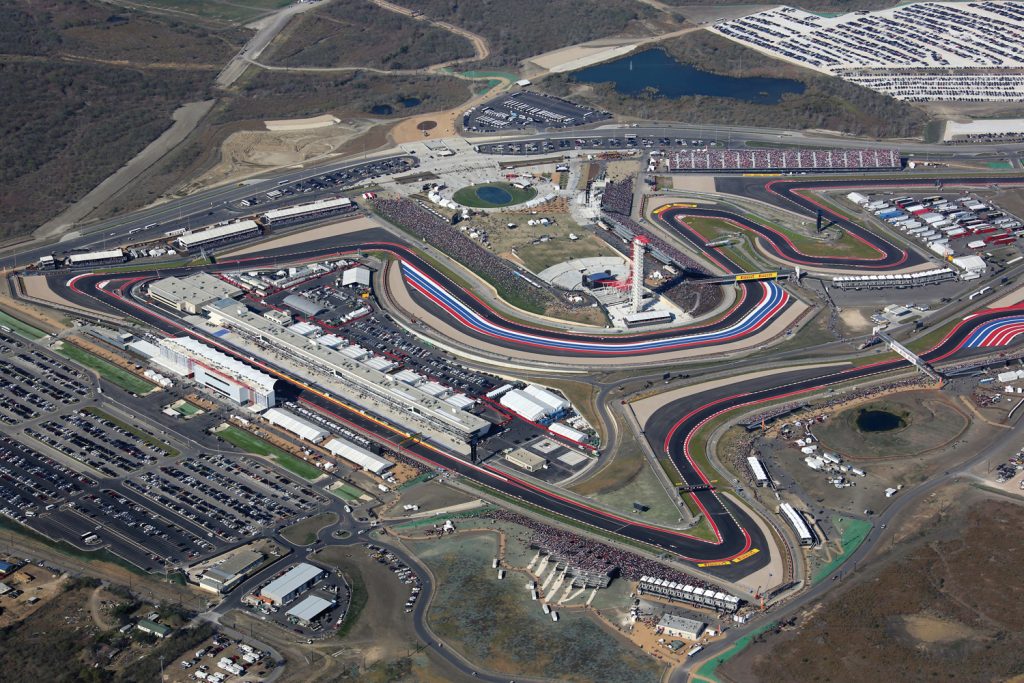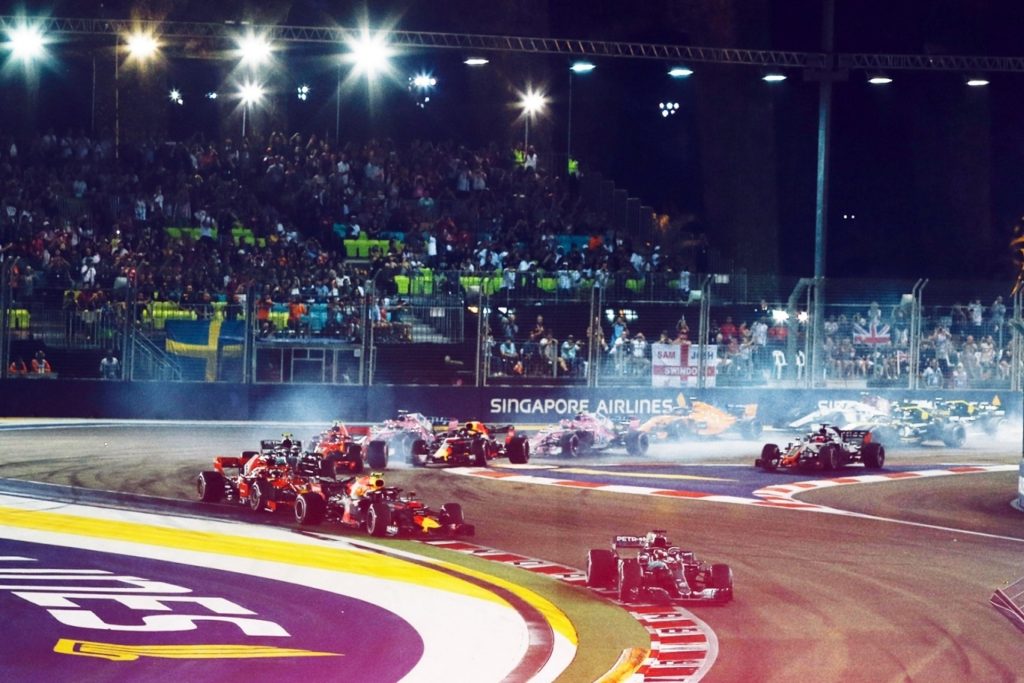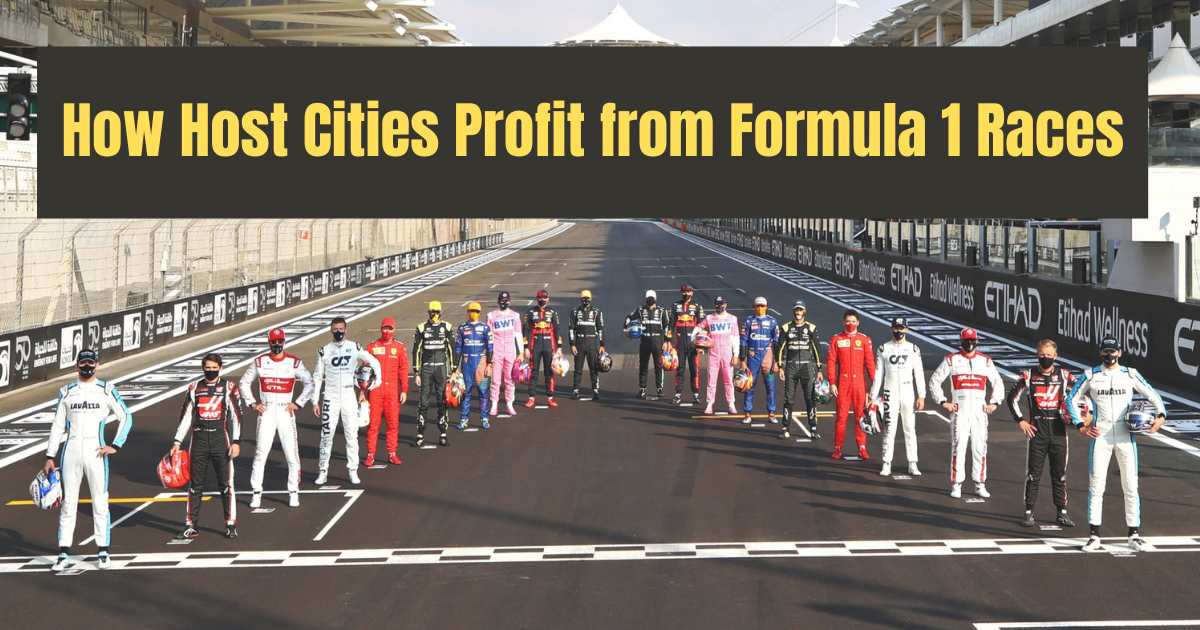The Formula 1 season is much awaited not just by motorsport enthusiasts, but also by urban planners, economists, and officials of the host cities. These grand events, characterized by the roar of engines, the gleam of cutting-edge machines, and the exhilaration of competition, bring a myriad of economic benefits to the cities fortunate enough to host them. But how exactly does hosting a Formula 1 race impact a city’s economy?
Tourism Surge
One of the most immediate and visible impacts of hosting a Grand Prix is the influx of tourists. Hotels experience a spike in occupancy rates as thousands of international fans flock to the city, eager to experience the spectacle firsthand. These tourists don’t just spend money on race tickets; they also dine in local restaurants, shop in retail establishments, visit cultural sites, and contribute to the city’s nightlife vibrancy.
Global Exposure
Formula 1 races are broadcasted in over 180 countries, attracting millions of viewers per race. This provides host cities with a global platform to showcase their unique attributes, landscapes, and cultural heritage. Such exposure can catalyze long-term tourism, as viewers are enticed to visit the city in the future, even if they didn’t attend the race.

Infrastructure and Real Estate Development
Preparing for a Grand Prix often necessitates infrastructural improvements. Roads are upgraded, public transportation systems are optimized, and urban aesthetics are enhanced. While these developments cater to the Grand Prix, they remain as lasting legacies, benefiting locals long after the race ends. Additionally, the allure of a city with a Grand Prix often boosts its real estate market, driving up property values and attracting further investments.
Job Creation
Every Grand Prix requires a substantial workforce – from ticketing, security, and logistics to hospitality and entertainment. Temporary jobs mushroom in the lead-up and duration of the race, but the ripple effect extends to indirect employment opportunities in sectors like transportation, accommodation, and retail.
Local Business Opportunities
A myriad of opportunities arise for local businesses. Vendors get the chance to showcase their products to an international audience. Catering companies, event planners, and even local artisans find avenues to profit. The economic vitality isn’t confined to the circuit but spreads throughout the city.
Networking and Business Collaborations
A Formula 1 race isn’t just a sporting event; it’s a rendezvous for the world’s elite. Business magnates, celebrities, and influential figures from various sectors attend, turning the event into a networking goldmine. Cities can use this opportunity to attract foreign direct investments, strike deals, or initiate collaborations.
Also Look At: How to Live Stream Formula 1 JAPANESE Grand Prix 2023
Cultural Renaissance
Many host cities organize concurrent cultural events, parades, concerts, and festivals to capitalize on the influx of tourists. This fosters a cultural renaissance, with artists, musicians, and performers getting a platform to showcase their talents to a global audience.

Challenges and Mitigation
While the economic advantages are vast, hosting a Grand Prix isn’t devoid of challenges. Traffic congestions, environmental concerns, and substantial investments can be hurdles. However, with meticulous planning, these challenges can be mitigated. For instance, prioritizing sustainable practices, leveraging technology for crowd management, and involving local communities in decision-making can ensure the Grand Prix is both profitable and harmonious for the city.
Conclusion
The roar of a Formula 1 engine isn’t just a celebration of motorsport prowess; it signifies the economic vibrancy that the event brings to the host city. From the surge in tourism and global exposure to infrastructural development and cultural upliftment, a Grand Prix truly is a goldmine for its host. Cities that recognize and harness these opportunities, while effectively managing the associated challenges, stand to reap benefits that extend far beyond the checkered flag.

